How many watts does an Air Conditioner use?
How many watts does an Air Conditioner use?
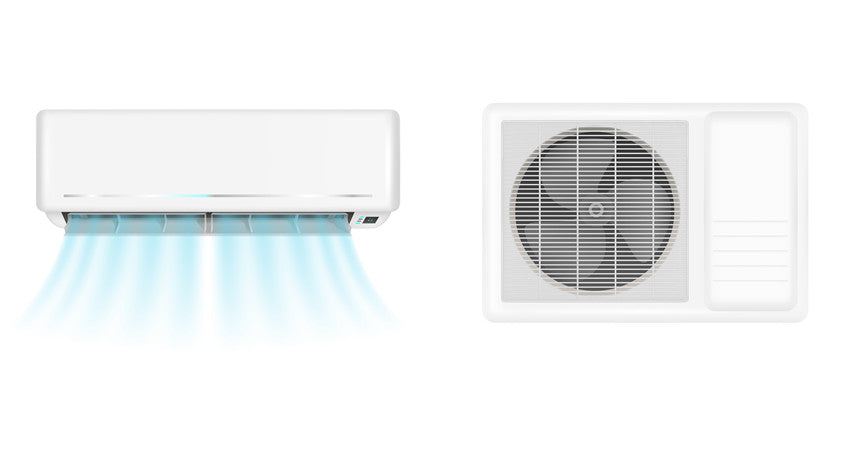
Air conditioners draw massive amounts of electricity to keep your home cool and comfortable. Unfortunately, this can increase a higher electricity bill as well as add stress to your home's backup battery storage during a power outage.
You will need to know how many watts the air conditioning unit is using in order to allocate the power required to run it on your backup battery storage. Let's break down how many watts a typical air conditioner uses, why those watts matter, and how you can save on your electricity bill.
What Is a Watt?
Watts are defined as one joule per second. This is a rate of power transfer. Air conditioners use electricity to transfer heat outside. When heat is transferred out of the home, humidity condenses out of the cooled air. General speaking, the higher the cooling capacity of the air conditioner, the more watts of power it uses.
How many watts does a typical AC use?
An air conditioner uses about 1,000 watts of electricity on average. However, this number depends on several factors such as the type of air conditioner, its size, and how hard it is required to work in order to cool down the designated space.
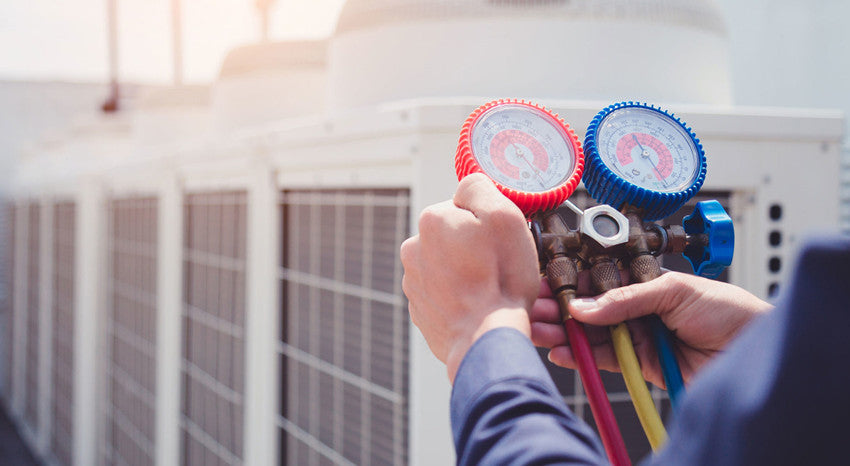
BTUs Explained
Each air conditioning unit uses a specific measurement to determine its cooling capacity called BTUs or Thermal Units. BTUs measure the air conditioner's ability to remove heat from the home's air over a particular period, usually about an hour. While a window air conditioner might be rated at around 5,000 to 10,000 BTUs, a residential central air conditioning unit may average between 20,000 to 50,000 BTUs.
Since the BTU rating is essentially a measurement of the air conditioner’s cooling capacity, that capacity is also able to give you an idea of how many watts it might take to cool your space.
The details of the specific air conditioner can be found on the machine's label, but if you are blasting your air conditioner, it will use more electricity.
SEER ratings explained
The air conditioner's SEER (Seasonal Energy Efficiency Ratio) rating is a measurement of how efficient an air conditioning unit is. These measurements are ranged all over the map, but a 14 SEER rating is a solid jumping-off point.
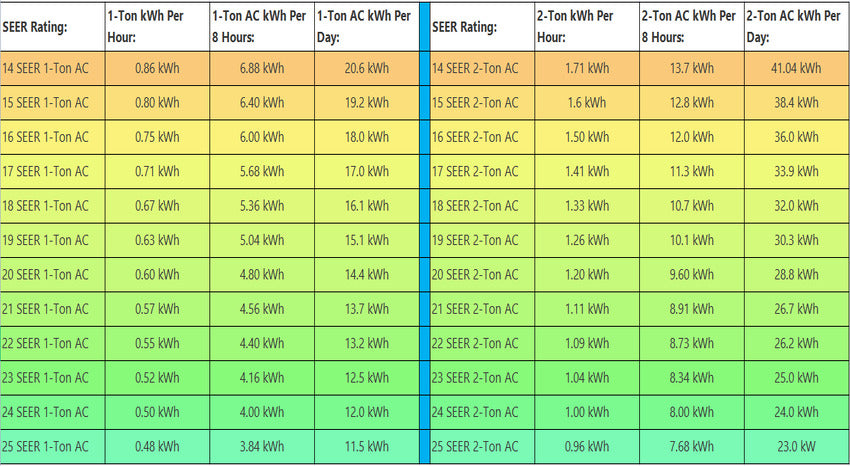
Factors that influence air conditioner electricity usage
Even if you have the most efficient air conditioner which is Energy Star-rated, there are outside factors that can make it work harder, such as temperature, humidity, home insulation, and whether the air conditioning unit has been running all day typically affects its energy usage.
Be sure to purchase an air conditioning unit that is large enough to cool your home. If the system you buy is too small, it will take extra effort to cool down the space.
Overworking your air conditioning unit will drive up the watt usage, but under typical circumstances, your air conditioner will use the number of watts that appear on its label.
How many watts do different types of air conditioners use?
A window air conditioning unit is much smaller than a central air conditioner, so, it needs different amounts of watts to run the different types of air conditioners. To give you an idea, we have rounded up the average watts used by the most common types of air conditioners, portable air conditioners, window air conditioning units, and central air conditioner systems. Additionally, you can use this equation to calculate the wattage of your air conditioner uses. Average AC Wattage = Tonnage × BTU / SEER Rating, and AC kWh Use = Average AC Wattage × Hours Of Running / 1,000.
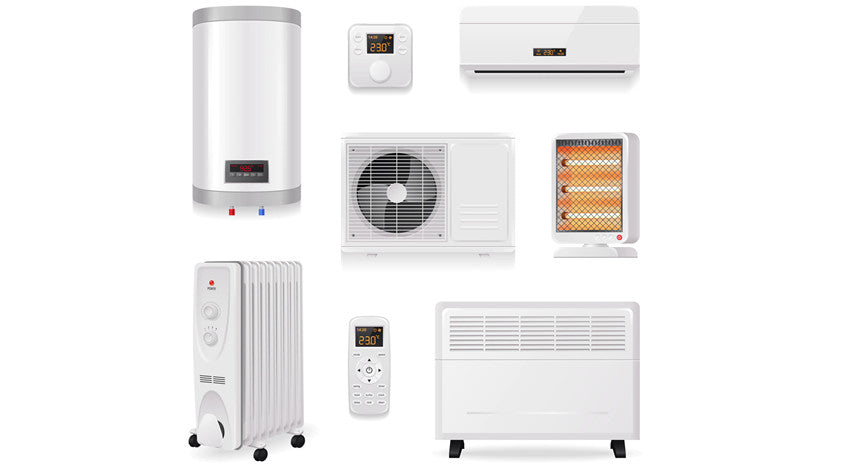
Portable air Conditioner
Portable air conditioners provide convenience, less noise than window air conditioning units, and incredible cooling ability. Additionally, you can also expect these units to use between 700 and 1,500 watts. While portable air conditioners might be a homeowner's best option, keep in mind that they use a lot of electricity to operate.
Window unit air conditioners
Window air conditioning units are a great supplement if a full HVAC system is not an option. You can expect them to use around 500 to 1,000 watts an hour depending on the size of the unit and the square feet of space the unit needs to cool down.
Mini-Split and Ductless Air Conditioning Systems
Mini-split air conditioners are also known as zoned cooling systems. They have one outdoor unit and up to four indoor units. Each indoor unit cools one zone. You can use one, two, or all of the partitions simultaneously. Also, you can set each zone to a different temperature. Mini-split air conditioners do not require ducting. They consume between 700 and 2,000 watts of electricity per hour (this depends on the size of the space, and the size of the air conditioner).
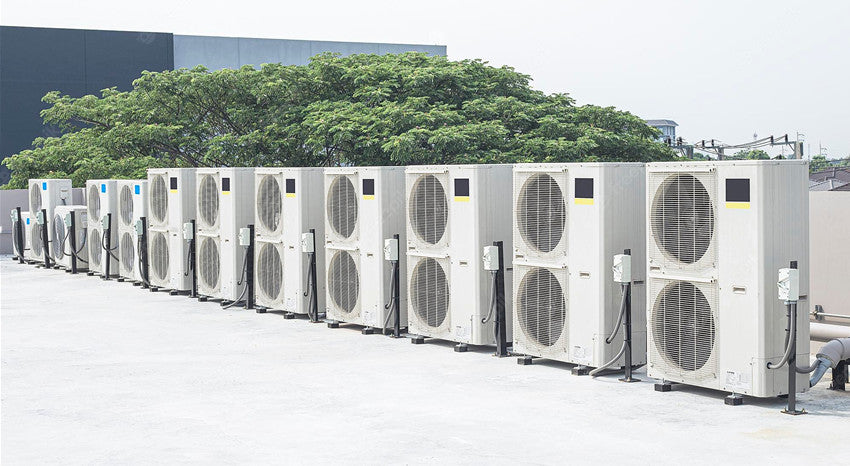
Ductless Air Conditioner
A ductless air conditioner doesn’t need ducts. This system consists of one indoor unit paired with one outdoor unit. It uses an average of 2,000 watts per hour to cool a 2,000-square-foot home. A ductless cooling system is often used in older homes that don’t have air ducts. It is also able to be used to cool home additions or newly finished spaces, such as an attic, basement, or garage.
Central Air Conditioners
A central air conditioner uses 1,000 watts per one ton of cooling capacity. For a 2,000-square-foot home with standard-height ceilings, you will require around 3.5 tons of cooling power. This capacity of the air conditioner will use about 3,500 watts per hour. Let’s assume that your home has tall ceilings, two stories, many large windows, single-pane windows, a lot of direct sunlight exposure, or poor insulation, you may need an air conditioner with a larger capacity. An air conditioner with more capacity will use more watts per hour.

Central Air Conditioners: Fan Only
The central air conditioner also has fan-only settings. When you turn the thermostat to this position, the air conditioner won't run any cooling cycles. However, this setting will keep the air handler’s fan running. The air handler’s fan will circulate the air in the home. All of the air will go through the air conditioner filter. This will improve the air quality in your home without affecting your home's temperature or humidity levels. Some people like to turn their air conditioners on this setting during the nighttime. When the central air conditioner is on a fan-only setting, it will consume about 750 watts per hour, regardless of its cooling capacity. By comparison, a 42-inch ceiling fan uses about 800 watts of electricity per hour.
How many solar panels do you need to run your air conditioner?
There is no easy answer to how many solar panels you require to run your air conditioning unit. It typically depends on the wattage of the unit you are using, how often your air conditioning unit is on, and how much power your solar panels are producing at the time you are using your air conditioner.
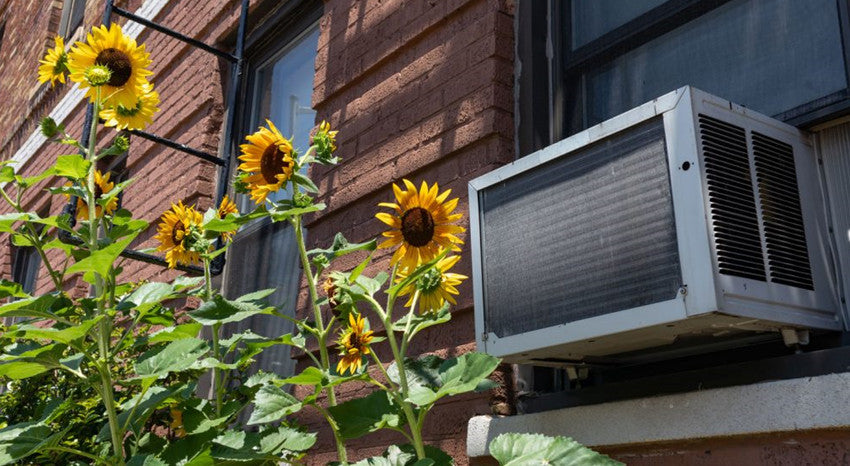
If you are looking for a solid answer, based on the average watts of all air conditioning units, you can assume that you need at least three 350 W solar panels for the average air conditioner wattage of 1,000 watts (at least in our hypothetical example). A 350W panel will generate about 350W per hour (It depends on the efficiency of the sun), so three panels can provide 1,050 W to power your air conditioning unit. Usually, air conditioning units are electricity guzzlers no matter if you are getting your power via a grid or solar system.
If you have an air conditioner in your house prior to getting a solar system installed, your solar installer will take your energy consumption into account when building out a solar system. If you are installing an air conditioner after your solar panels, or want to understand how much electricity you need to store in a storage battery to run an air conditioner during a power outage, knowing the watts your system uses is important.
For instance, a backup battery cannot provide enough power for every household appliance in your home if the electricity goes out. If you define your air conditioner as an essential load, something that requires running if the power is out – calculate that into your decision.
How can solar panels cut your electric bill?
As a general rule, no matter how many watts your air conditioner uses, solar panels can help you cut your energy bills. When solar systems are installed, an installer determines the average electricity usage of your home and builds out the solar system and solar storage battery size that can power the average electricity usage.
The solar system can help you save money in several ways by providing most or all of your electricity and reducing your power bills or by net metering benefits that can pay you for the excess electricity produced by your solar panels.
If you do not have a solar system, monitoring your air conditioner usage can help reduce your electricity bills. Supplementing your home cooling system by adding ceiling fans, keeping window shades down during the day, and presetting your thermostat can go a long way to keeping your house cool.
The general rule is that the more space it needs to cool down, the bigger the air conditioner you need to install, and the more watts it will take to do it. Buying a more energy-efficient model of air conditioning unit can keep the watts low and the cool air flowing.
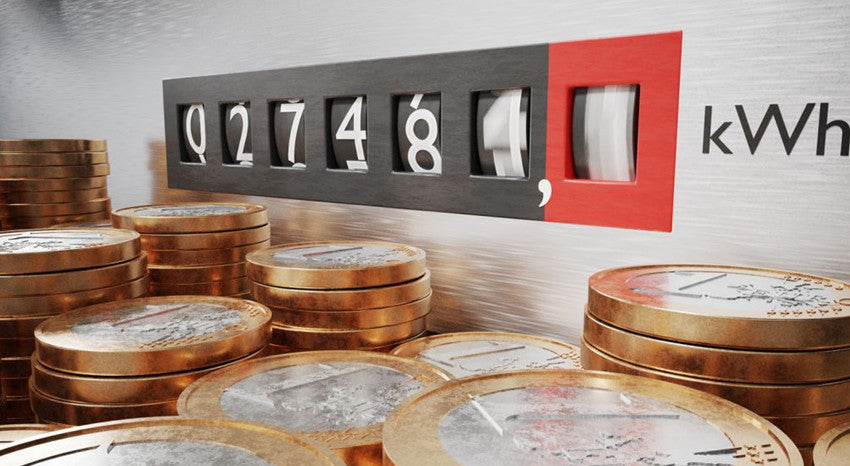
Conclusion
Keep in mind, air conditioners don’t always use that much electricity, but to power them when they are consuming the most energy, you will need to reduce the electricity bills by designing a solar system with storage batteries that can handle the higher usage times. On the other hand, the solar system with solar batteries can also be used as home energy storage in the event of a power outage in extreme weather.














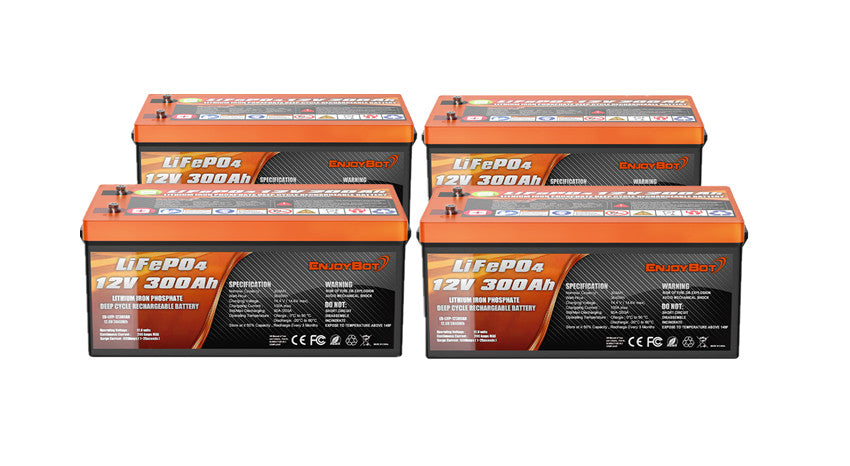


![[Upgraded Version] Enjoybot 14.6V 20A Waterproof Mountable LiFePO4 Lithium Battery Charger For 12V LiFePO4 Battery](http://enjoybot.com/cdn/shop/files/14.6V_20A_Waterproof_Battery_Charger_1_360x.jpg?v=1752565609)
![[Upgraded Version] Enjoybot 14.6V 20A Waterproof Mountable LiFePO4 Lithium Battery Charger For 12V LiFePO4 Battery](http://enjoybot.com/cdn/shop/files/14.6V_20A_Waterproof_Battery_Charger_2_360x.jpg?v=1752637374)















